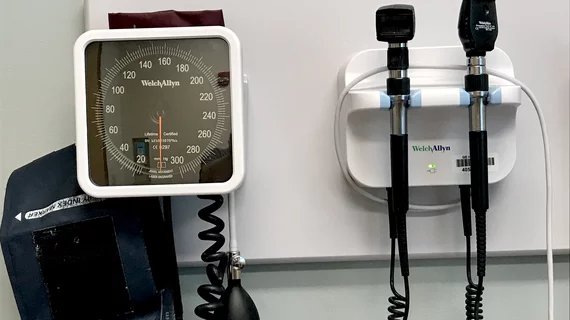Patient Care
This page includes news coverage of various aspects of patient healthcare, including new technology innovations, what is working, what is not, personalized medicine and remote and telemedicine delivery. Find specific news in the areas of Care Delivery, Digital Transformation, Precision Medicine, Remote Monitoring and Telehealth.
Displaying 1217 - 1224 of 3636
![A majority of medical devices involved in Class I recalls were never required by the U.S. Food and Drug Administration (FDA) to undergo premarket or postmarket clinical testing, according to new research published in Annals of Internal Medicine.[1]](/sites/default/files/styles/top_stories/public/2024-09/istock-1209664264.jpg.webp?itok=gQInU1vO)









